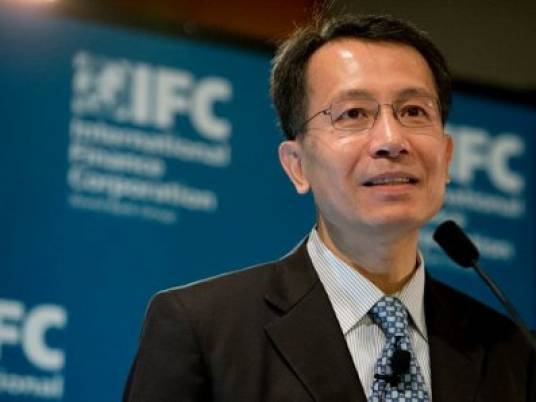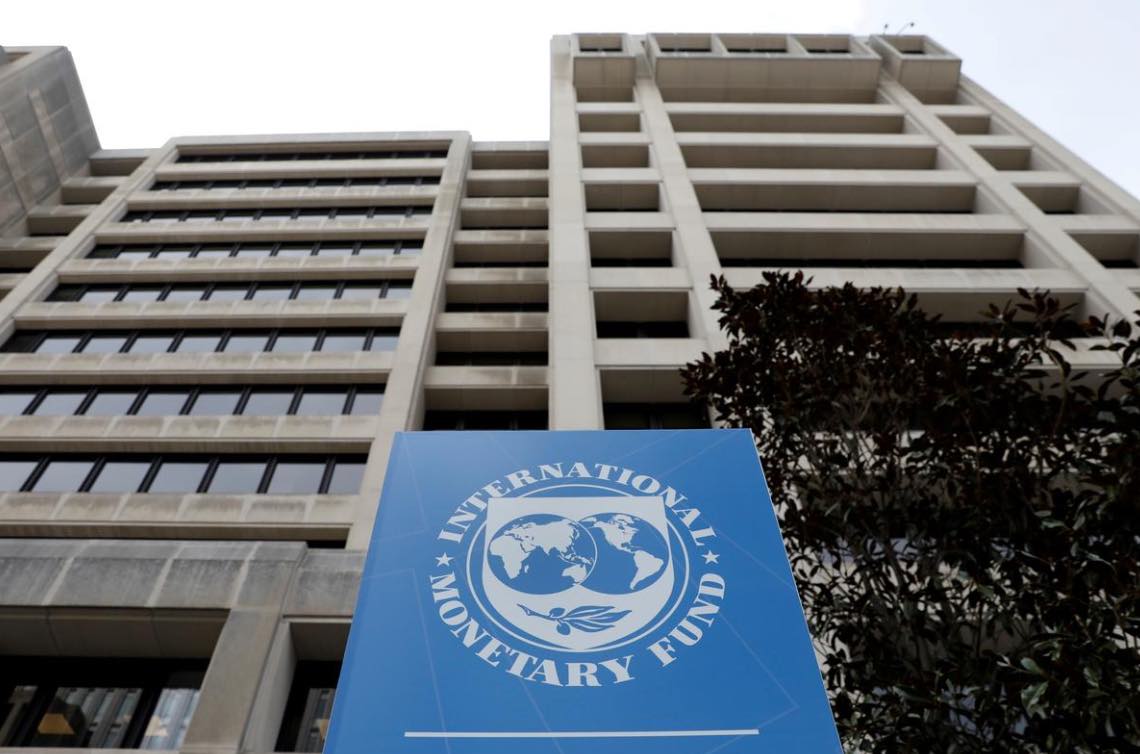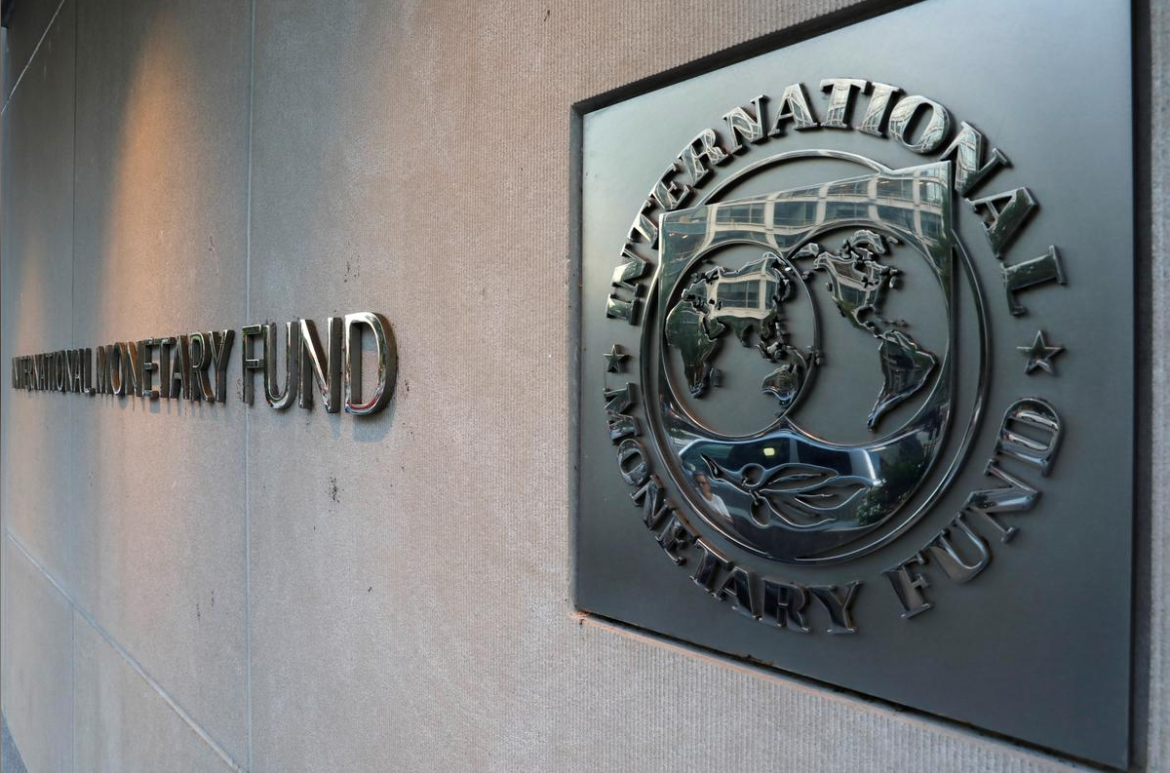
On his first visit to the Middle East in his new capacity as the CEO of the International Finance Corporation, Jin-Yong Cai reiterated what has been repeated for months — investors are still seeking clarity and certainty before putting money into Egypt’s ailing economy.
Both domestic and international investors are waiting to see if the government can make tough decisions and stick to them, which has not been its strong suit — particularly when it comes to the economy.
“Domestic and international investors need clarity, they need [to see] a commitment to private sector development.
“There are a lot of wait-and-see attitudes, and until that moment, people will show interest; but are they going to come in? They'll look for signals from authorities,” he told Egypt Independent in an interview last week.
Despite the challenges the country has faced since the January 2011 uprising, and the ones it will undoubtedly continue to face as foreign reserves continue dwindling and capital inflow dries up, the IFC says it has been one of the largest investors in the nation.
“This last fiscal year, we put in US$730 million in 11 projects, with a focus on creating opportunities for business in the areas of service, infrastructure and banking. We believe these are the critical areas for job creation to help economic growth," Jin-Yong says.
Looking forward, Jin-Yong says that the IFC would like to invest more than it did last year, but without citing a specific figure.
He adds that while these plans are “subject to market situations,” the IFC has no limit to what it can spend.
“If we see a good project we will do whatever it takes," Jin-Yong asserts.
The IFC continues to focus on investing in key sectors such as infrastructure, access to finance, private sector development, healthcare, education, wastewater management and supporting small to medium business enterprises (SMEs).
There’s also a heightened interest in the power sector, as the country faces mounting hurdles meeting domestic energy needs, which will become increasingly acute as the summer season approaches.
“There’s a large power transaction which is critical. We talked about our involvement with some of the smaller oil and gas companies in financing part of their operation,” Jin-Yong says.
Recognizing that capital formation has been slow in Egypt, and as the population continues to grow, pushing up demand, “without adequate investment, we are going to run into acute bottlenecks in many areas,” he adds.
Future prospects
One project officials have spoken about repeatedly is an ambitious mega-plan to develop the Suez Canal Corridor, mainly employing the public-private partnership scheme — the kind of projects the IFC is typically interested in.
Asked whether any concrete plans were discussed during his meeting with Prime Minister Hesham Qandil and other ministers, Jin-Yong says a few initiatives were mentioned, and the “ideas are all interesting to a lot of people, but investors need certainty, transparency, [and] they want to know the rule of the game before they make their final decision.”
“We are all waiting for certain decisions from the government's side,” he adds.
In July 2011, IFC provided Orascom Construction Industries with a loan and equity investment package worth US$450 million. The company has recently come under fire after being accused by the authorities of tax evasion, though OCI has said this is a misinterpretation of the tax law.
The case is perceived as a politicized move against the Sawiris family — the owners of OCI — and in a statement, the company said that the Egyptian Tax Authority is “attempting to create a context for a tax liability when an incidence does not exist and/or is not applicable.”
The move has hit OCI stocks and resulted in overall losses in the market, and investors see it as a sign of further uncertainty.
Jin-Yong says he did not talk about the situation directly with Egyptian officials, but adds that “we want to make sure both sides can come to a mutual agreement based on the regulations and rules. “
“There was history, and we understand there are certain reviews, but the critical thing is that those reviews on historical issues should be done transparently and based on rules and regulations and be helpful in boosting domestic and international investor confidence,” he adds.
Similarly, with regards to the contentious US$4.8 billion International Monetary Fund loan, which is seen as vital to unlocking a stream of aid and investments pledged to Egypt, Jin-Yong says, “We come with the message that the government needs to make decisions including potentially on this IMF agreement, which from our perspective is very much focused on … sending a strong signal to investors that Egypt is open for business with clear regulation.”
In the context of these challenges, Jon-Yong stresses that the IFC is undeterred.
“We continue to invest [in Egypt] because we believe in the long-term potential of this economy … we believe there will be recovery and in the future it will be in good shape,” he says.
Jin-Yong, who took office this past October, was due to visit Jordan and Saudi Arabia after leaving Egypt, “to identify potential opportunities.”



